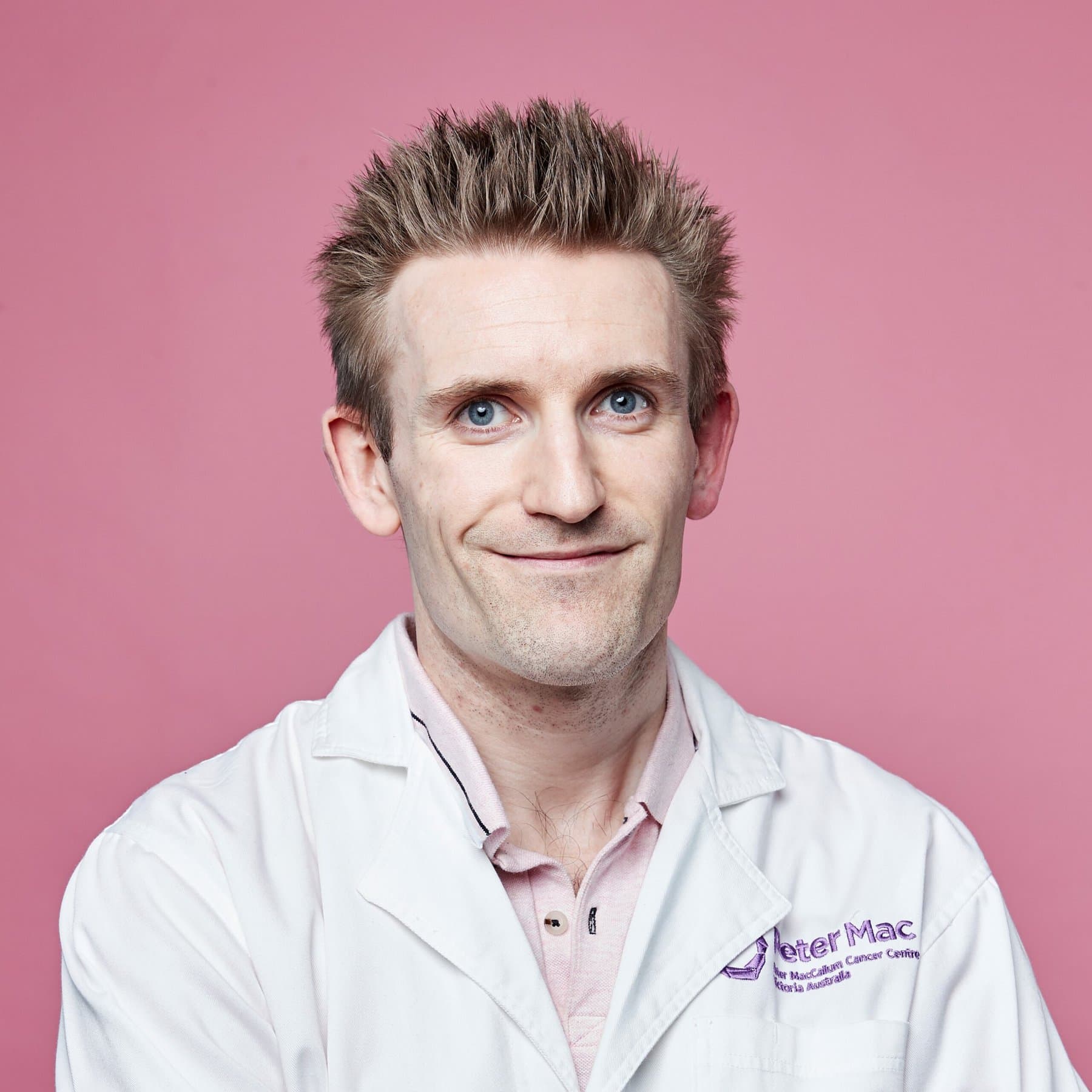
Using genomic technology to improve the efficacy of CAR T cell immunotherapy for the treatment of breast cancer
Published: 05/11/23 8:33 AM

Paul Beavis
Project Description: Chimeric antigen receptor (CAR) T cell therapy is an approach that reprograms a patient’s own immune cells to find and destroy cancer cells. Despite the success of CAR T cell therapy for the treatment of some types of blood cancers, it is yet to be proven effective for breast cancer. To improve the effectiveness of CAR T cell therapy for breast cancer an advanced gene editing technology, pioneered by A/Prof Paul Beavis (Peter MacCallum Cancer Centre), will be employed to engineer immune cells to recognise breast cancer cells while at the same time rally the patient’s native immune system to “join” the attack against the tumour.
Why the Work is Needed: Advances in the detection and treatment have significantly improved the survival of breast cancer patients worldwide. However, the survival of patients with cancer that spreads from the breast to distant parts of the body (metastatic breast cancer) is much lower than early breast cancer. Unfortunately, despite improvements in the mortality rate, over 3,000 Australian still die from breast cancer each year.
Expected Outcomes: This study has the potential to make a CAR T cell therapy more effective for breast cancer and make a significant impact on survival of patients with hard-to-treat breast cancer.
Project Details
Chimeric antigen receptor (CAR) T cell therapy is a type of immunotherapy where a patient’s own immune cells are harvested and genetically re-engineered with a CAR protein, with the ability to recognise and destroy cancer cells when reintroduced into the patient. Although CAR T cell therapy has been successful in the treatment of certain blood cancers, this approach is currently not effective in breast cancer. This is partly due to the ability of breast cancer cells to avoid detection by the immune cells.
With this NBCF support, A/Prof Paul Beavis from the Peter MacCallum Cancer Centre will use an advance gene editing technique, that he has pioneered, to improve CAR T cell therapy for breast cancer. The team will genetically modify CAR T cells with additional factors that reprogram immune cells to recognise breast cancer cells as well as activate and rally the patient’s native immune cells to “join” the attack against the tumour. To further improve the efficacy of CAR T cell therapy, the immune cells will be engineered to send signals to the immune system only when they are near the tumour cells. In this manner the patient’s immune system will be activated locally to kill tumour cells, reducing the chances that the immune system will target healthy cells.
Since the technique use to edit the CAR T has been specifically designed for use in the clinic, it is hoped that a clinical trial will soon follow. Hard-to-treat breast cancers, such as triple negative breast cancer, desperately need new treatment options that decrease the mortality associated with this disease. This study has the potential to make a CAR T cell therapy more effective for breast cancer and make a significant impact on survival of patients with hard-to-treat breast cancer.